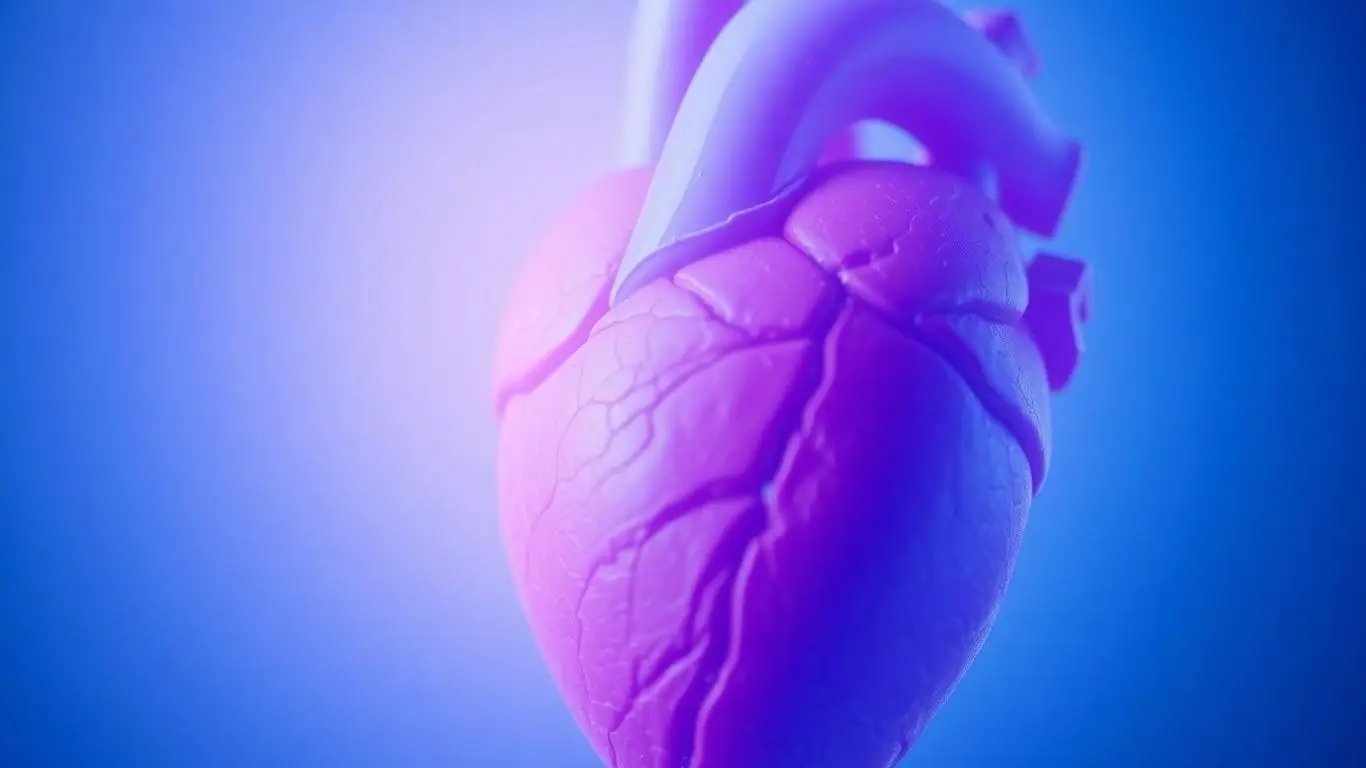A groundbreaking study from the Mayo Clinic is challenging long-held beliefs about heart attacks, particularly in younger women. The research reveals that for women under 65, more than half of heart attacks are not caused by the traditional culprit: clogged arteries. This finding suggests a critical need for greater awareness and more precise diagnostic approaches to improve outcomes for this demographic.
Key Takeaways
- Heart attacks in younger adults, especially women, often stem from causes other than clogged arteries.
- Spontaneous Coronary Artery Dissection (SCAD) is a significant, often overlooked, cause in younger women.
- Stress-related triggers like anemia or severe infections can lead to dangerous heart attacks with higher mortality rates.
- Misdiagnosis of the underlying cause can result in ineffective or even harmful treatments.
- Precise diagnosis is crucial for tailoring effective care and preventing future cardiac events.
Understanding Traditional Heart Attack Causes
Arteries are vital blood vessels that supply the heart with oxygen and nutrients. Atherosclerosis, commonly known as clogged arteries, occurs when plaque builds up within the vessel walls, narrowing them and restricting blood flow. This condition is typically linked to factors like chronic inflammation, high blood pressure, elevated sugar and cholesterol levels, and smoking, all of which can damage the arterial lining over time.
New Insights into Heart Attacks in Younger Women
The Mayo Clinic study, published in the Journal of the American College of Cardiology, analyzed over 15 years of data. While clogged arteries (atherosclerosis) accounted for about 75% of heart attacks in men under 65, this figure dropped to approximately 47% for women under 65. This indicates that over half of heart attacks in younger women have less recognized origins.
Lesser-Known Triggers of Heart Attacks
One prominent "hidden" cause identified is Spontaneous Coronary Artery Dissection (SCAD). SCAD is characterized by a tear in the coronary artery wall, leading to blood clots and blocked blood flow without any plaque buildup. It is particularly prevalent in younger women who may otherwise appear healthy. The study found SCAD to be nearly six times more common in women than in men. Crucially, SCAD can be easily missed or misdiagnosed as a typical plaque-related heart attack, and treating it with methods like stents or surgery can be detrimental.
Another significant finding points to heart attacks triggered by stressors such as anemia or severe infections. These events can lead to what are sometimes termed "stress heart attacks." In the study, these stress-related heart attacks were the second most common cause and were associated with the highest mortality rates over a five-year period, around 33%.
The Importance of Accurate Diagnosis
The research also noted that "truly unexplained" heart attacks are rare, occurring in less than 3% of cases after thorough review. This underscores the importance of identifying the specific cause of each heart attack to guide appropriate treatment. Misdiagnosing the cause, such as treating SCAD as a plaque buildup, can lead to ineffective or risky interventions.
Improving Care and Prevention
This study highlights the critical need for healthcare providers to move beyond the assumption that all heart attacks are due to clogged arteries, especially when treating younger women. Greater awareness of conditions like SCAD and stress-induced cardiac events, coupled with precise diagnostic tools, can lead to safer, more effective treatments and ultimately improve survival rates and recovery for younger patients. The findings emphasize that understanding the precise cause of a heart attack is paramount for effective management and prevention.
Sources
- Heart Attack Causes: Not just clogged arteries: Mayo Clinic study reveals hidden causes of heart attacks in
younger women, Times of India. - More than half of heart attacks in adult women aren’t caused by clogged arteries, CBS News.
- Health headlines: Hidden causes of heart attacks | Health, news8000.com.
- What are hidden causes of some heart attacks?, whas11.com.



